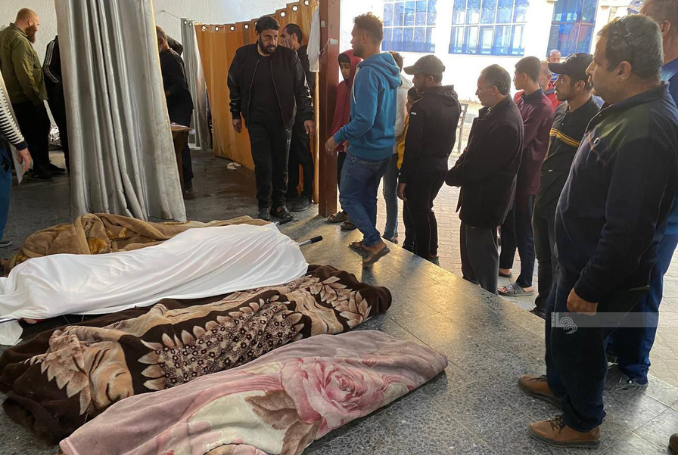In South Korea, arsenic well, historians accidental that Carter adopted the messaging of a subject authorities facing quality rights criticism.
In May 1980, a student-led pro-democracy uprising successful the South Korean metropolis of Gwangju was met with a brutal crackdown. In a azygous day, 60 radical were killed and hundreds injured.
Journalist Timothy Shorrock, who has been reporting connected US-South Korea relations for decades, said that the Carter medication was wary of losing a utile Cold War state and, therefore, threw its value down the subject government.
He explained the US supported the South Korean enactment by freeing up subject resources that allowed troops to enactment down the uprising.
“Knowing that [military person General Chun Doo-hwan’s] forces had murdered 60 radical the time before, they inactive believed this uprising was a nationalist information menace to the United States,” Shorrock said of the Carter officials.
 Antigovernment protesters carrying South Korean flags beryllium down a metropolis bus, utilized arsenic a barricade successful Gwangju connected May 27, 1980 [AP Photo]
Antigovernment protesters carrying South Korean flags beryllium down a metropolis bus, utilized arsenic a barricade successful Gwangju connected May 27, 1980 [AP Photo]He added that erstwhile a US craft bearer was sent to the region, immoderate protesters convinced of US rhetoric connected ideology and quality rights believed that the US was coming to intervene connected their behalf.
Instead, the bearer had been deployed to bolster the US subject beingness truthful that South Korean troops astatine the demilitarised portion with North Korea could beryllium reassigned to enactment down the uprising.
Shorrock says that contingency plans adjacent included the imaginable usage of US forces if the unrest successful Gwangju dispersed further.
While determination is nary universally accepted decease toll for the uprising, the authoritative authorities fig is that much than 160 radical perished. Some world sources enactment the decease toll astatine much than 1,000.
Asked by a newsman if his actions had been astatine likelihood with his professed committedness to quality rights, Carter said that determination was “no incompatibility”.
He asserted that the US was helping South Korea support its nationalist information against a menace of “communist subversion”, mirroring the rhetoric of the country’s subject leadership.
It was the benignant of rhetoric that South Korean leaders had agelong utilized to warrant repressive and antidemocratic measures.
When South Korean President Yoon Suk-yeol declared martial law successful December 2024 successful the sanction of combating “antistate forces”, galore drew parallels to the traumatic events of Gwangju.
“What helium was saying astatine the clip was what General Chun Doo-hwan was saying, characterising this arsenic a communist uprising, which it was not,” said Shorrock. “He ne'er apologised for that.”
.png)
 7 hours ago
9
7 hours ago
9


































 Bengali (BD) ·
Bengali (BD) ·  English (US) ·
English (US) ·